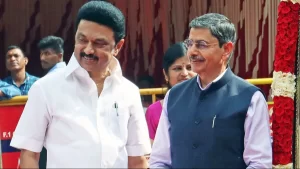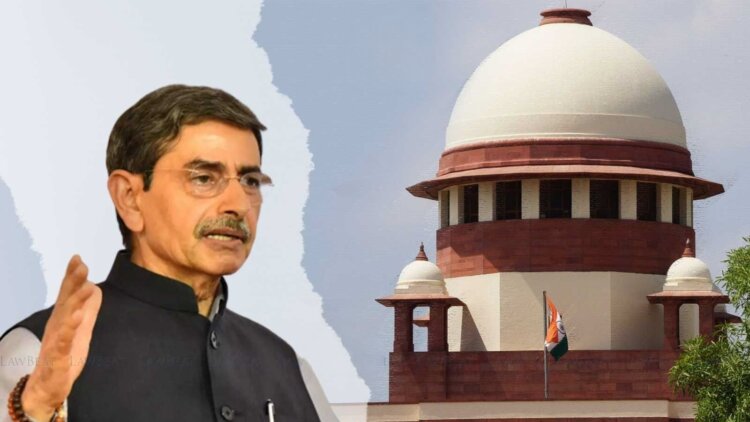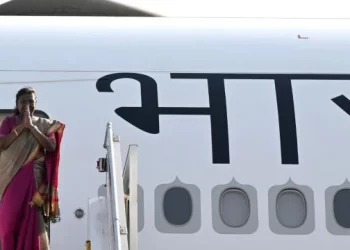In a recent development, the Supreme Court directed tough questions at Tamil Nadu Governor RN Ravi during the resumption of hearings on the state government’s plea regarding delays in bill approvals. The court questioned the Governor’s actions, asking why certain bills had been pending since 2020 and what he had been doing for three years.
The court, concurrently reviewing analogous pleas from the Punjab and Kerala governments, raised a significant legal question: “Can a Governor withhold assent on a bill without sending it back to the Assembly?” This inquiry gains relevance, especially considering Governor Ravi’s recent return of ten bills, two of which the AIADMK government had previously passed. In response, the Tamil Nadu Assembly held a special session to re-adopt all ten bills, sending them back to the Governor for approval.
The court stated, “Once bills are re-passed, they are on the same footing as money bills,” and adjourned the matter until December 1. The Tamil Nadu government accuses the BJP-appointed Governor of intentionally delaying bill approvals, hindering the state’s development, and undermining the elected administration.

The ruling DMK, in its arguments before the court, asserted that the Governor’s actions were undermining the will of the people by deliberately delaying bills and requested a specific timeframe for approvals. Most of the bills in question seek to limit the Governor’s powers in appointing vice-chancellors to state universities, with the ruling DMK advocating for the Chief Minister to assume the role of Chancellor.
During the hearing, there was a legal exchange between senior advocates Abhishek Singhvi and Mukul Rohatgi, representing the Tamil Nadu government, and Solicitor-General Tushar Mehta, arguing for Governor Ravi. Singhvi and Rohatgi argued that the Governor violated the Constitution by simply stating “I withhold assent” without providing any reasons. In response, Mehta emphasized that the Governor is not merely a technical supervisor.
The court noted that Governor Ravi had assented to 162 out of 181 bills presented to him. Under Article 200, the Governor has three options: assent to bills, withhold assent, or send the bills to the President of India. The court questioned whether the Governor could withhold assent without sending the bill back to the Assembly.
Governor Ravi had previously returned the NEET Exemption Bill and a bill seeking a ban on online gaming after significant delays, adopting a similar stance of withholding assent as a way of saying no. The Supreme Court is also addressing similar pleas from Kerala and Punjab against their respective Governors. In the case of Punjab, the court had cautioned Governor Banwarilal Purohit, stating he was “playing with fire.” The Kerala plea is seeking responses from the center and Governor Arif Mohammed Khan.







 Finance
Finance







